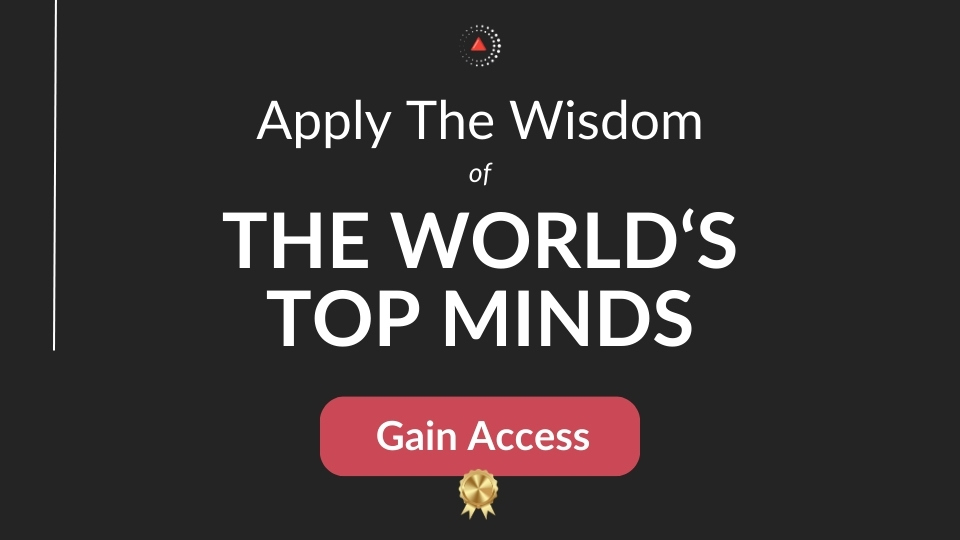Who is Avicenna
Avicenna Biography
Avicenna, also known as Ibn Sina, was a Persian polymath who lived from 980 to 1037. He was a philosopher, scientist, physician, and mathematician, and is considered one of the most influential thinkers in the Islamic Golden Age. Avicenna's most famous work is the "Canon of Medicine," which was used as a medical textbook in Europe and the Islamic world for centuries. He also made significant contributions to the fields of philosophy and metaphysics, and his ideas on the nature of the soul and God continue to be studied and debated today.
Avicenna Facts
- Avicenna, also known as Ibn Sina, was a Persian polymath and philosopher born in 980 CE in Afshana, present-day Uzbekistan.
- He is considered one of the most influential thinkers in the Islamic Golden Age and one of the greatest philosophers in history.
- Avicenna made significant contributions to various fields, including philosophy, medicine, astronomy, physics, and mathematics.
- His philosophical works had a profound impact on Islamic philosophy and had a lasting influence on Western thought during the Middle Ages.
- Avicenna's most famous philosophical work is "The Book of Healing" (Kitab al-Shifa), a comprehensive philosophical and scientific encyclopedia covering various disciplines.
- He developed a philosophical system known as Avicennism, which combined elements of Aristotelian philosophy with Islamic theology and Neoplatonic ideas.
- Avicenna's philosophical ideas encompassed metaphysics, ethics, epistemology, and the nature of the soul, contributing to debates within the Islamic intellectual tradition.
- In the field of medicine, Avicenna's book "The Canon of Medicine" (Al-Qanun fi al-Tibb) became a standard medical textbook in Europe for centuries and made significant contributions to medical knowledge and practice.
- Avicenna's works were widely studied and translated into Latin during the Middle Ages, becoming an important bridge between the classical Greco-Roman philosophy and the European Renaissance.
- His legacy extends beyond his writings, as Avicenna's ideas and methods influenced subsequent generations of philosophers, scientists, and scholars in both the East and the West.
Avicenna Quotes
"The world is divided into men who have wit and no religion and men who have religion and no wit."
* The editor of this short biography made every effort to maintain information accuracy, including any quotes, facts, or key life events.
Chief Editor
 Tal Gur is an author, founder, and impact-driven entrepreneur at heart. After trading his daily grind for a life of his own daring design, he spent a decade pursuing 100 major life goals around the globe. His journey and most recent book, The Art of Fully Living, has led him to found Elevate Society.
Tal Gur is an author, founder, and impact-driven entrepreneur at heart. After trading his daily grind for a life of his own daring design, he spent a decade pursuing 100 major life goals around the globe. His journey and most recent book, The Art of Fully Living, has led him to found Elevate Society.

























